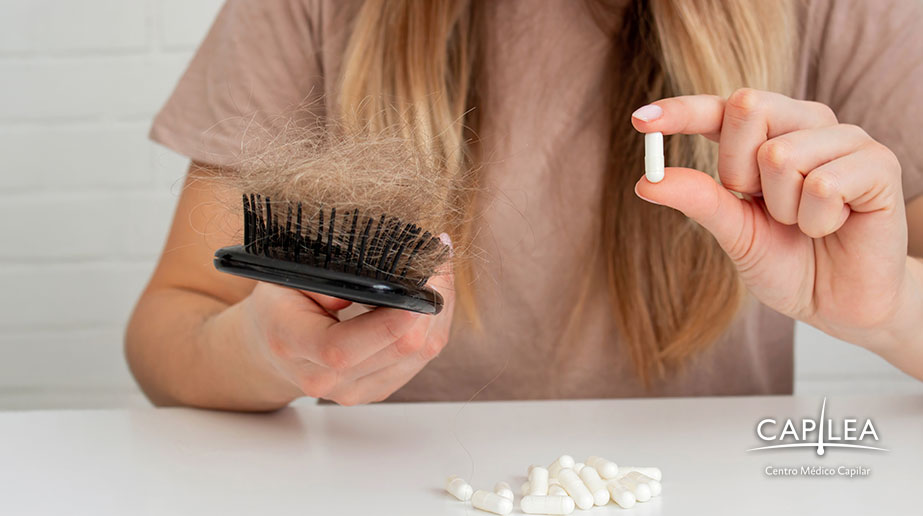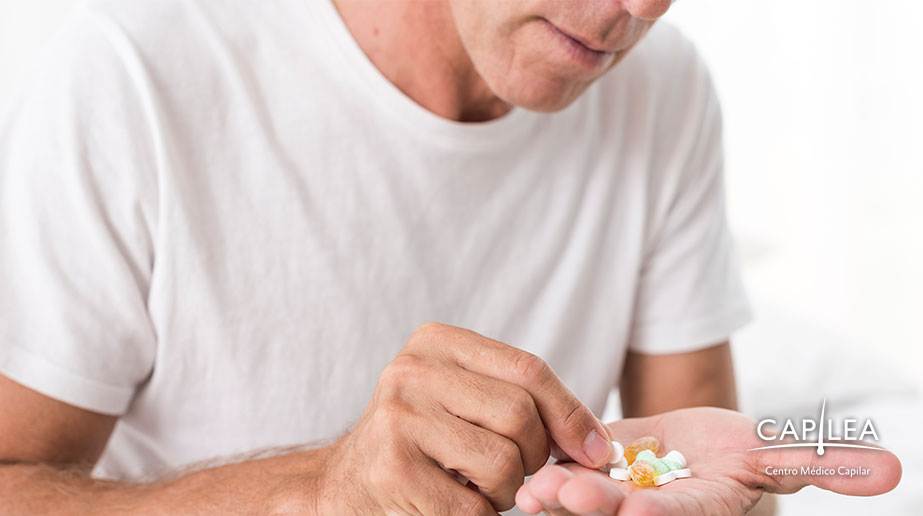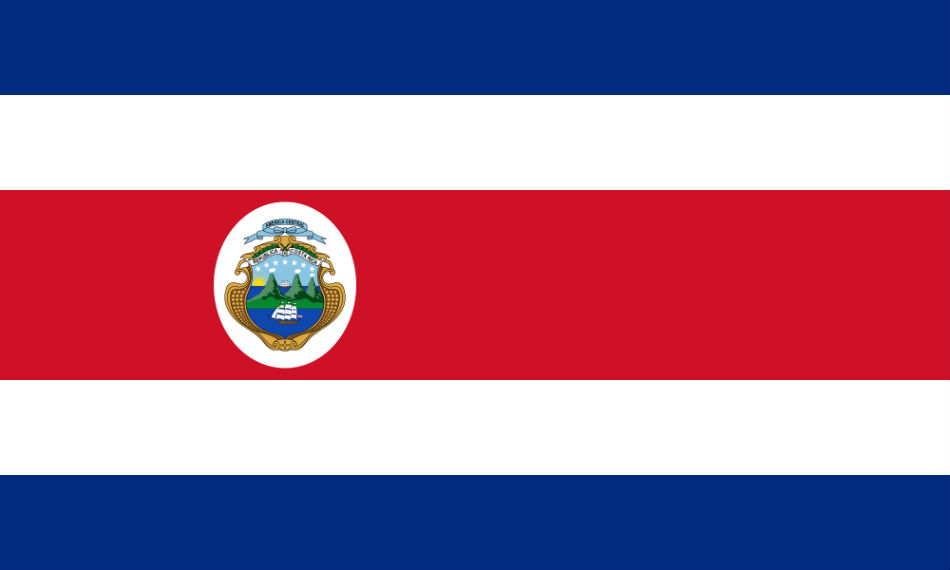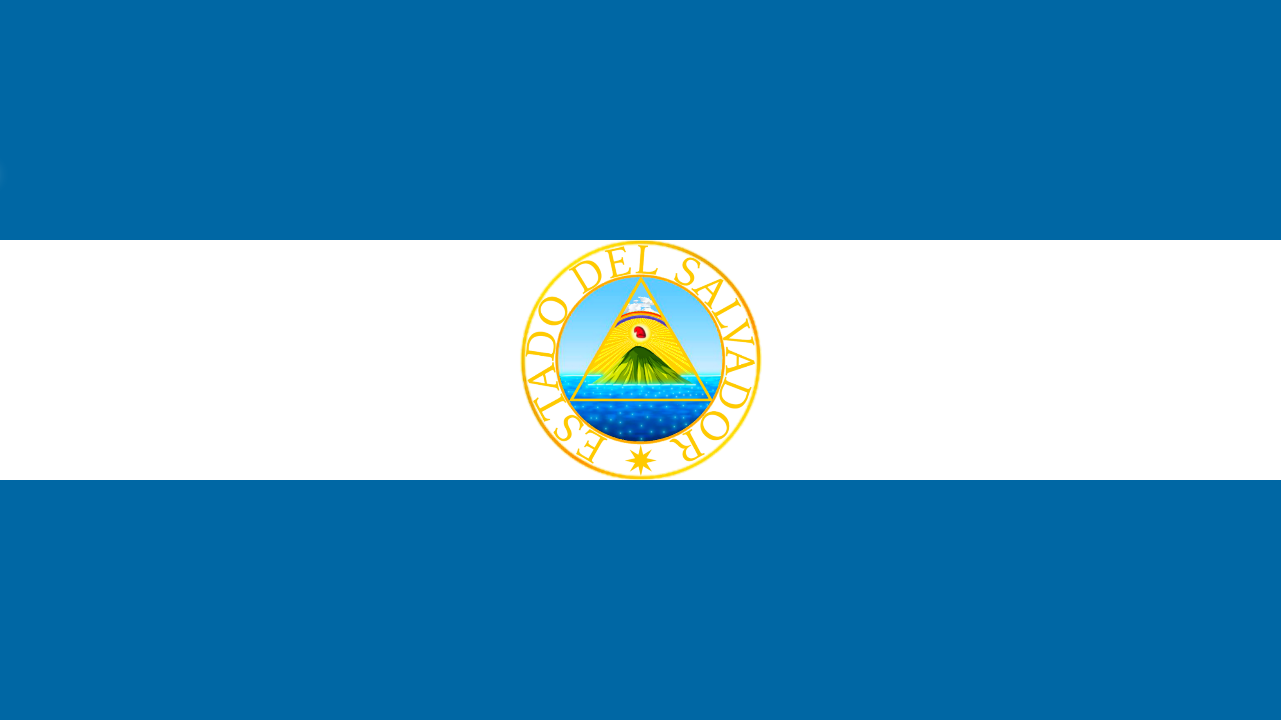Hair loss is a common concern for many men, but fortunately there are treatments that can help combat male pattern hair loss. In this blog we will focus on dutasteride, the recommended dose and its effects.
Recommended dose of dutasteride for alopecia
Dutasteride is a medicine that was created to treat enlarged prostate (symptomatic benign prostatic hyperplasia, and it is not approved for treating high grade prostate cancer), but it has also been found to be useful for treating alopecia.
The standard dose of dutasteride to treat alopecia is 0.5 mg per day. Some doctors recommend a less frequent dose, 0.5 mg twice a week, because of the half-life in the body (about 5 weeks).
Is dutasteride effective for alopecia?
Dutasteride blocks the action of 5-alpha reductase, which is responsible for converting testosterone into dihydrotestosterone (DHT), the main hormone involved in hair loss in genetically predisposed men.
Several studies have indicated that dutasteride may be more effective than finasteride in treating androgenic alopecia. For example:
- A study with 600 men showed that taking 0.5 mg of dutasteride per day was more effective than 1 mg of finasteride.
- A clinical trial in men over 20 found that dutasteride increased hair quantity and growth in 24 weeks.
However, it is important to mention that these results may be only temporary. Remember that there are other really effective, long-lasting treatments with natural results, such as hair grafts.

We invite you to read our articles related to the topic: “Dutasteride for hair loss?” and “Finasteride for women: what you need to know“.
Dutastride is not approved for alopecia
Although dutasteride is approved for the treatment of alopecia in some countries such as South Korea, Japan and Taiwan, in many other countries including the United States its use for alopecia is “off-label“. This means that it is used for a different purpose than was originally approved.
Side effects of dutasteride
Some of the side effects of dutasteride are similar to those of finasteride. The most common include:
- Decrease in libido
- Erectile dysfunction
- Gynecomastia (breast enlargement)
- Depression
These side effects are usually reversible when the patient stops taking the medicine and occur in a minority of patients.
Dutasteride use can result in decreased reproductive organ weights and is contraindicated in pregnant women due to the risk of abnormal development of external genitalia in male fetuses. In cases of suspected overdosage, symptomatic and supportive treatment should be given as appropriate.
Evaluate your case in an experienced hair clinic
Remember that each case is unique and we recommend you consult with hair doctors to assess your case and provide you with personalized treatment.
I am Dr. Hector Treviño, hair doctor in Capilea Mexico, and I am here to provide you a solution that fits for you. Schedule an online consultation and we restore together your hair and confidence.














